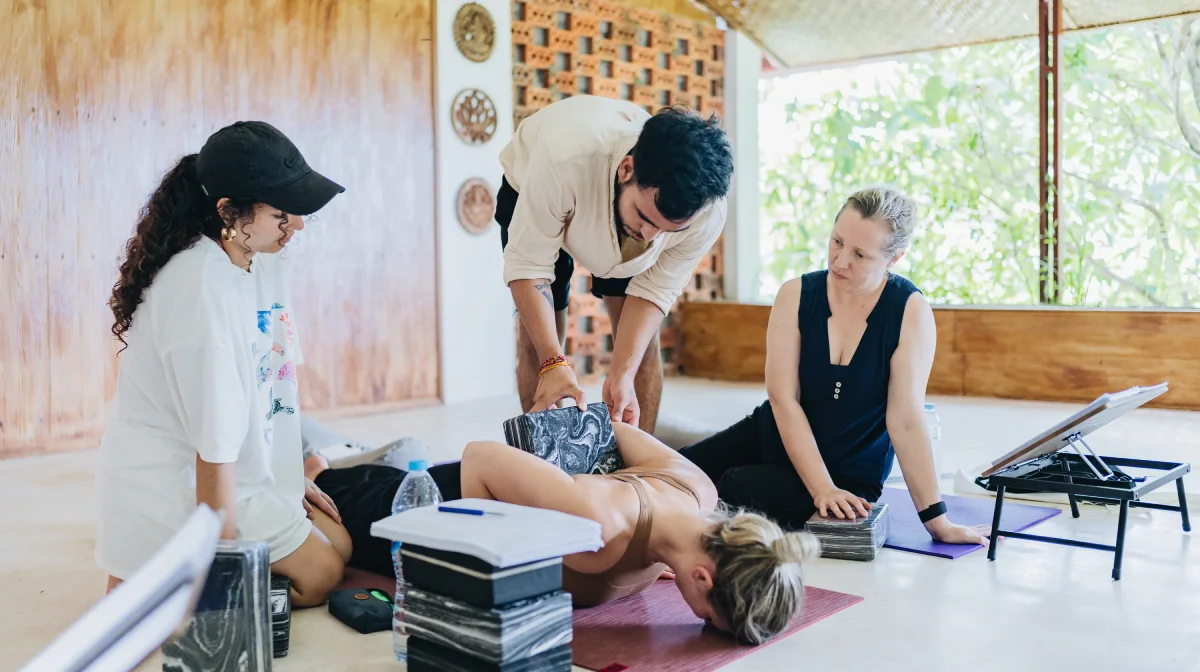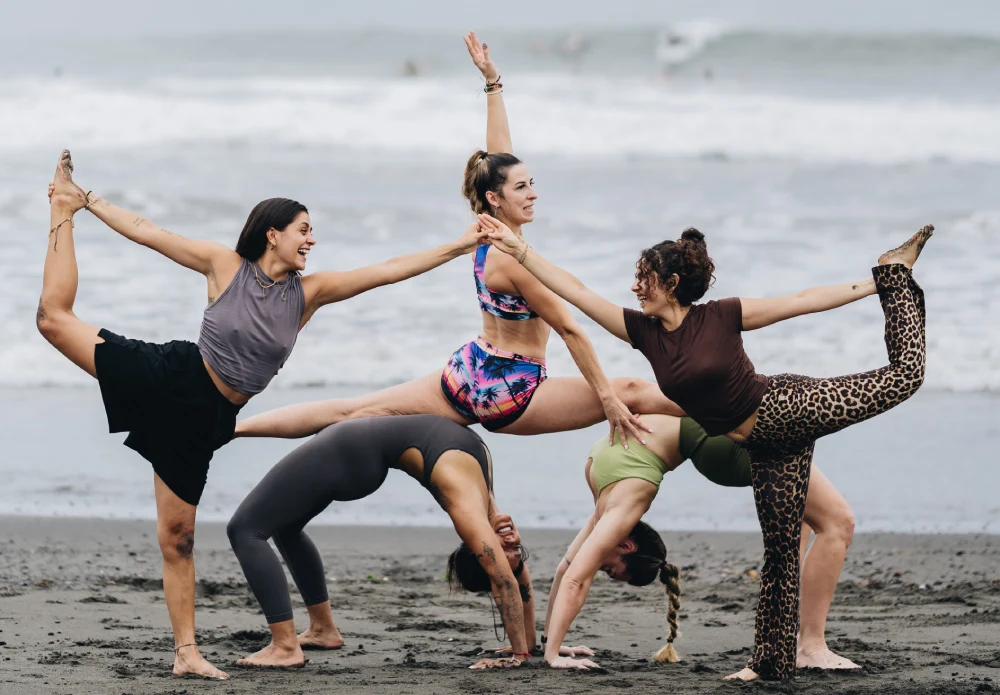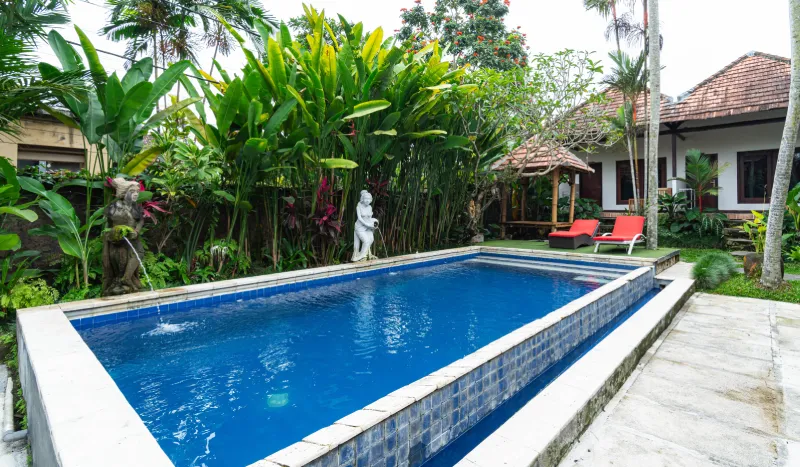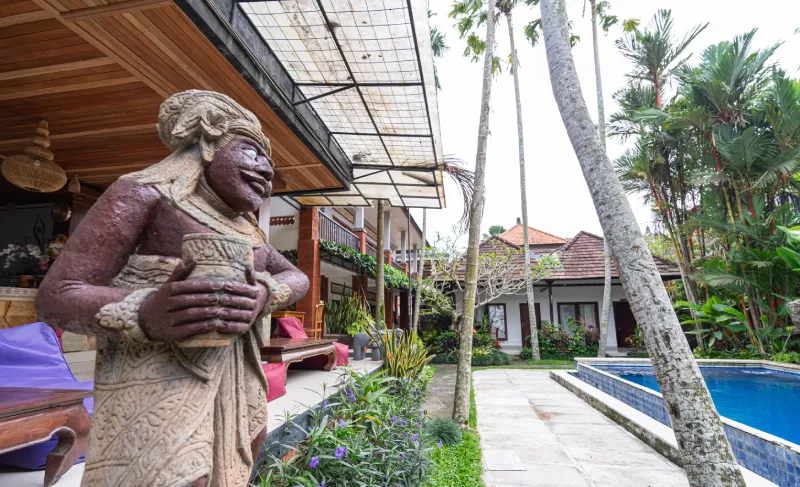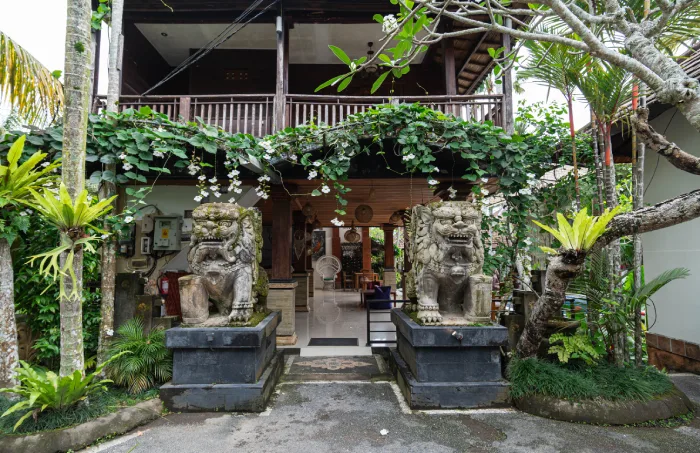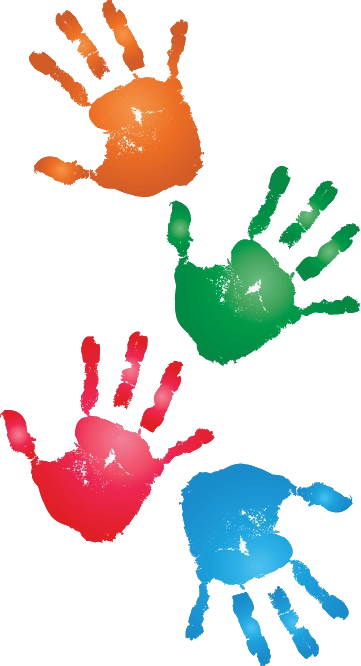Mantra
Mantra is a set of words that consist of specific sounds, vibrations received by ancient yogis, and seers which offer a powerful physical, mental and spiritual benefit. There are many kinds of Mantras available for different purposes. You will be learning;
- Art and science of Mantra
- Mantra and its power
- How mantra is made
- Is mantra a religion
- Sound vibration
Mantra Chanting
- The proper way of chanting the Om Mantra
- Shiva Mantra for Peace
- Durga Mantra for Energy Awakening
- Kundalini Mantra
- Krishna Mantra for Joy
- Ganesha Mantra for Stillness and Removal of Obstacles
- Mantra to be led towards light and immortality (Asatoma)
- Surrender Mantra (Twamevamata)
- Mantra to Save Life and Journey (Trayamvakam)
- Mantra for Purification of the Mind (Gayatri)
- Guru Disciple Study Mantra (Sahana)
- Guru Mantra (Guru brahma)
- Patanjali Mantra (Yogenacittasya)
- Suryanamaskar 12 Mantra (omMitraya)


